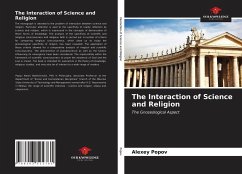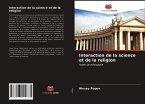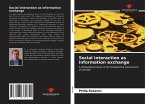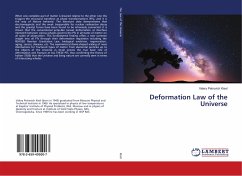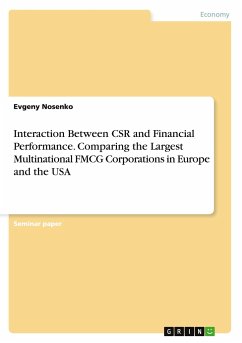The monograph is devoted to the problem of interaction between science and religion. Particular attention is paid to the specificity of reality reflection by science and religion, which is expressed in the concepts of demarcation of these forms of knowledge. The analysis of the specificity of scientific and religious consciousness and religious faith is carried out. A number of criteria for comparing religious consciousness, which allow us to study the gnoseological specificity of religion, has been revealed. The application of these criteria allowed for a comparative analysis of magical and scientific consciousness. The phenomenon of pseudoscience as well as the factors influencing its emergence have been considered. The impossibility within the framework of scientific consciousness to prove the existence of God and the soul is shown. The book is intended for specialists in the theory of knowledge, religious studies, and may also be of interest to a wide range of readers.
Bitte wählen Sie Ihr Anliegen aus.
Rechnungen
Retourenschein anfordern
Bestellstatus
Storno

